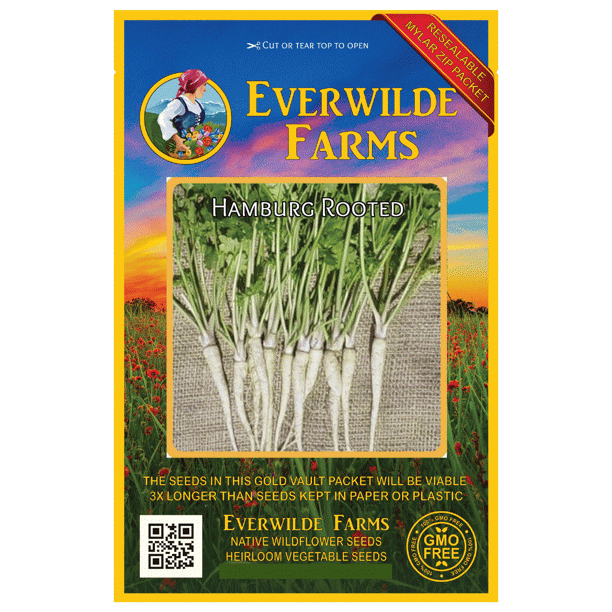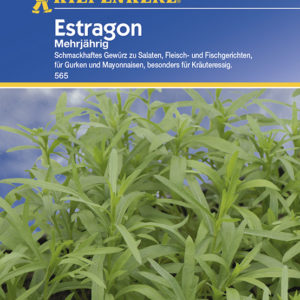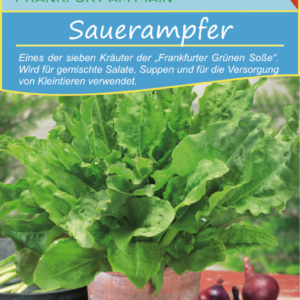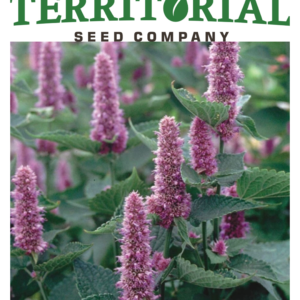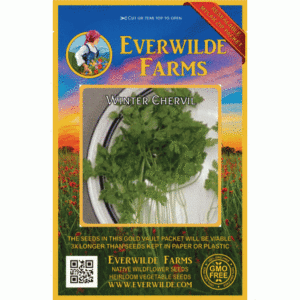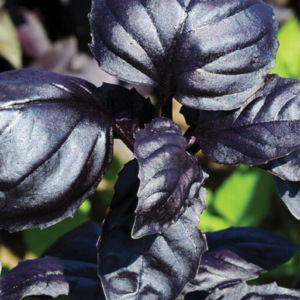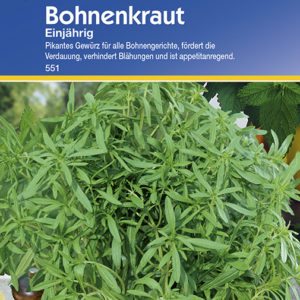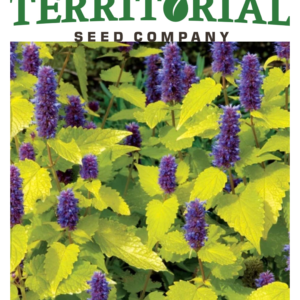HAMBURG ROOTED PARSLEY
2,000 د.ك
Parsley has a long and colorful history, being well known in many cultures. Myths and legends abound concerning this herb, making it the symbol of such widely varying things as death, victory, and life. One colonial superstition connecting parsley with death held such power that many farmers refused to grow this herb at all. Curly leaved parsley is the most well known and commonly available herb; it contains vitamins A and C as well as other valuable antioxidants, vitamins, and minerals.
Sowing: Most gardeners sow parsley seed indoors to give the plants a head start; soak the seeds overnight, then plant them 1/4″ deep and keep them at 65-70 degrees F. Because parsley has a notorious habit of slow germination, don’t expect to see sprouts for 3-5 weeks. Keep the soil evenly moist. Transplant the seedlings when the average outdoor soil temperature reaches 60 degrees F, spacing them 6″ apart in full sun or partial shade.
Growing: Parsley has shallow roots, and should not be allowed to dry out for long. Mulch to help conserve moisture and control weeds.
Harvesting: Harvest the leaves as needed, taking the large outer leaves first and removing at least 10″ of stem with the leaves to keep the plant healthy. The whole plant can be harvested at once, cutting it off just above ground level; more leaves will grow. Use the leaves immediately or freeze to preserve freshness. The white roots, similar to parsnips, can be harvested at any time and stored in the refrigerator.
Seed Saving: Though most varieties of parsley can survive below zero temperatures when mulched well, another method of overwintering is to dig up the entire plant, cut down the tops to 2″, and keep the roots in sand; keep them in a 32-40 degrees F location until spring replanting. Watch the developing seed heads carefully, since they tend to shatter easily; pick each one as it becomes dry and mature. Additional drying time may be needed. Clean the seed by rubbing the heads through a screen or shaking them. Store the seed in a cool, dry place for up to 4 years.
Latin Name: Petroselinum crispum
Type: Open Pollinated, Cool Season
USDA Zones: 3, 4, 5, 6, 7, 8, 9, 10, 11, 12
Seeds per Ounce: 15,000
Planting Method: Direct Sow
Sunlight: Full Sun
Height: 16 Inches
Color: Green
متوفر في المخزون


